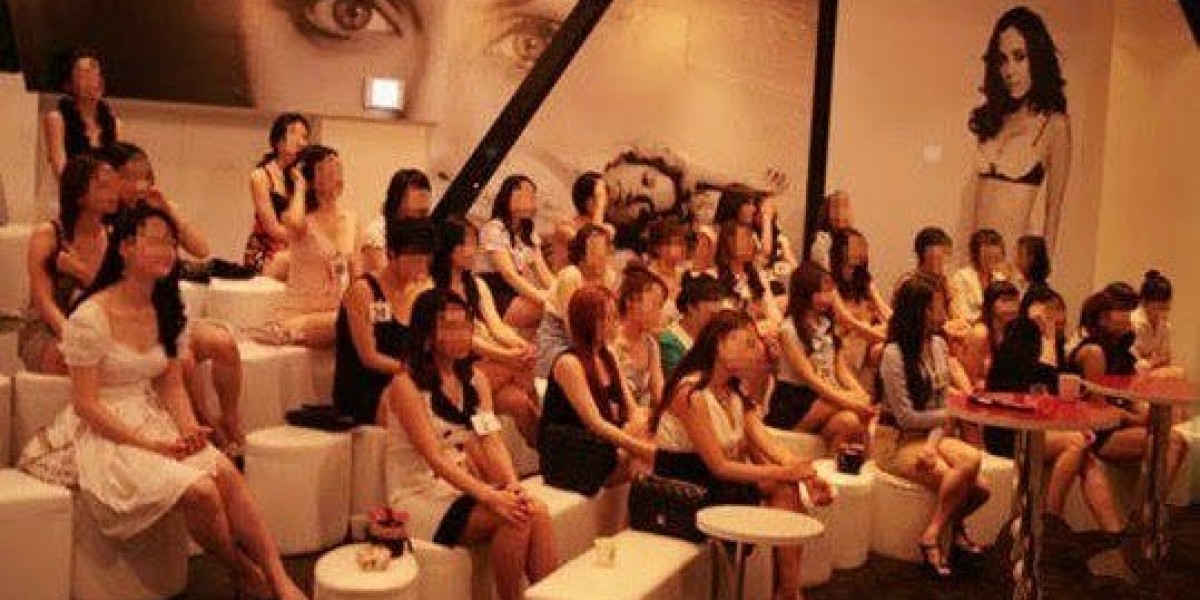Gangnam room salons, often called "room salons" or "karaoke bars" in English, are a prominent and sometimes controversial element of South Korea's nightlife culture, particularly in the upscale district of Gangnam in Seoul. These establishments offer an exclusive and luxurious experience, where affluent clients can enjoy drinks, singing, and the company of hostesses in private rooms. The atmosphere in these salons is frequently lavish, featuring opulent decor, high-end furnishings, and a choice of premium beverages. This mix of exclusivity and extravagance makes room salons a symbol of the sophisticated and sometimes hedonistic lifestyle associated with Gangnam.
The origins of room salons can be traced back once again to the standard Korean practice of noraebang (karaoke), 강남풀싸롱 groups rent private rooms to sing and socialize. However, room salons have evolved significantly from their humble beginnings. They now cater to a far more elite clientele, including business executives, politicians, and celebrities. This evolution has caused a mixture of Western-style private clubs and traditional Korean entertainment, producing a unique cultural hybrid that reflects South Korea's rapid modernization and economic development.
Among the defining top features of Gangnam room salons is the current presence of hostesses, often young women, who're hired to entertain and socialize with the clients. These hostesses, sometimes called "doumis," play a crucial role in the area salon experience. They're skilled in conversation, singing, and ensuring that the clients feel comfortable and entertained. The selection of hostesses is often a meticulous process, with many salons employing strict criteria for hiring to keep their elite status and appeal for their wealthy clientele.
Despite their popularity and allure, Gangnam room salons have been the subject of controversy and criticism. The industry is usually criticized for perpetuating gender stereotypes and exploiting young women. There has been numerous reports of unethical practices, such as for example coercion and exploitation of hostesses, resulting in a poor perception of the industry among certain segments of the population. Additionally, the close association of room salons with corruption and illicit activities has generated increased scrutiny and regulation by authorities.
The economic impact of room salons on Gangnam's nightlife and broader economy is significant. These establishments contribute to the neighborhood economy by generating substantial revenue through the sale of high-end drinks and services. Additionally they create employment opportunities, not just for hostesses but in addition for various support staff such as for instance waiters, bartenders, and security personnel. However, this economic contribution is usually overshadowed by the ethical and legal issues surrounding the industry.








